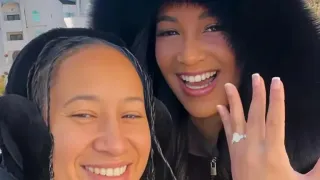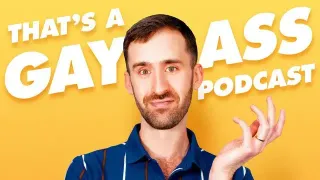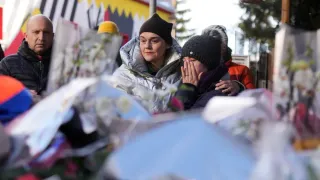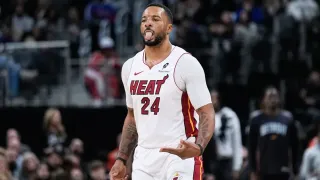November 16, 2023
Jimmy Kimmel to Host the Oscars for the Fourth Time
Jake Coyle READ TIME: 2 MIN.
Jimmy Kimmel is returning as host of the Academy Awards for the second straight year and fourth time overall, the Academy of Motion Pictures Arts and Sciences announced Wednesday.
ABC is turning again to its late-night host a year after bringing Kimmel back for a 2023 ceremony that drew 18.7 million viewers, the most since 2020's pre-pandemic broadcast. In the wake of Will Smith's slap of Chris Rock at the 2022 Oscars, Kimmel led a cautious ceremony that helped stabilize the Academy Awards after years of turmoil.
Kimmel also hosted the Oscars in 2017 and 2018.
"I always dreamed of hosting the Oscars exactly four times," Kimmel said in a statement.
Though the comic is inching up in the record books, he's still a long ways from the most frequent Oscar emcee. That title belongs to Bob Hope, who hosted a record 19 times either solo or as a co-host. Billy Crystal hosted nine times all between 1990 and 2012.
The film academy earlier announced that Raj Kapoor will serve as executive producer and showrunner, Katy Mullan will executive produce and Hamish Hamilton will direct. They'll be joined by Molly McNearney, executive producer of "Jimmy Kimmel Live" and Kimmel's wife, who will return for a second consecutive year to serve as an executive producer for the show.
"Jimmy has cemented himself as one of the all-time great Oscars hosts with his perfect blend of humanity and humor, and Molly is one of the best live TV producers around," Kapoor and Mullan said in a statement.
The 96th Academy Awards will air live on ABC on March 10 from the Dolby Theatre in Los Angeles.






